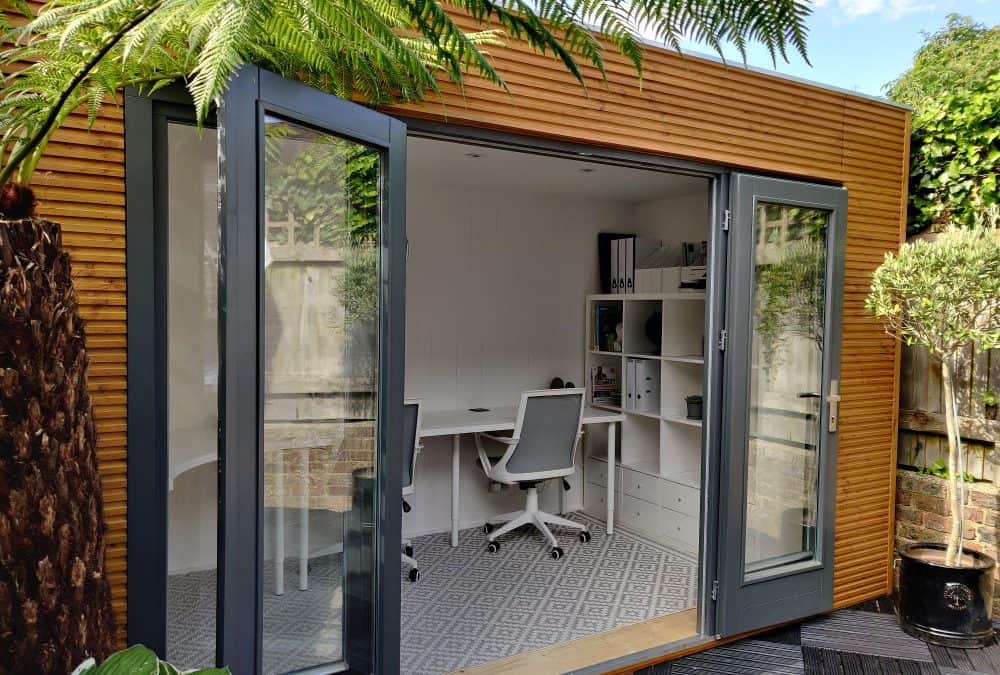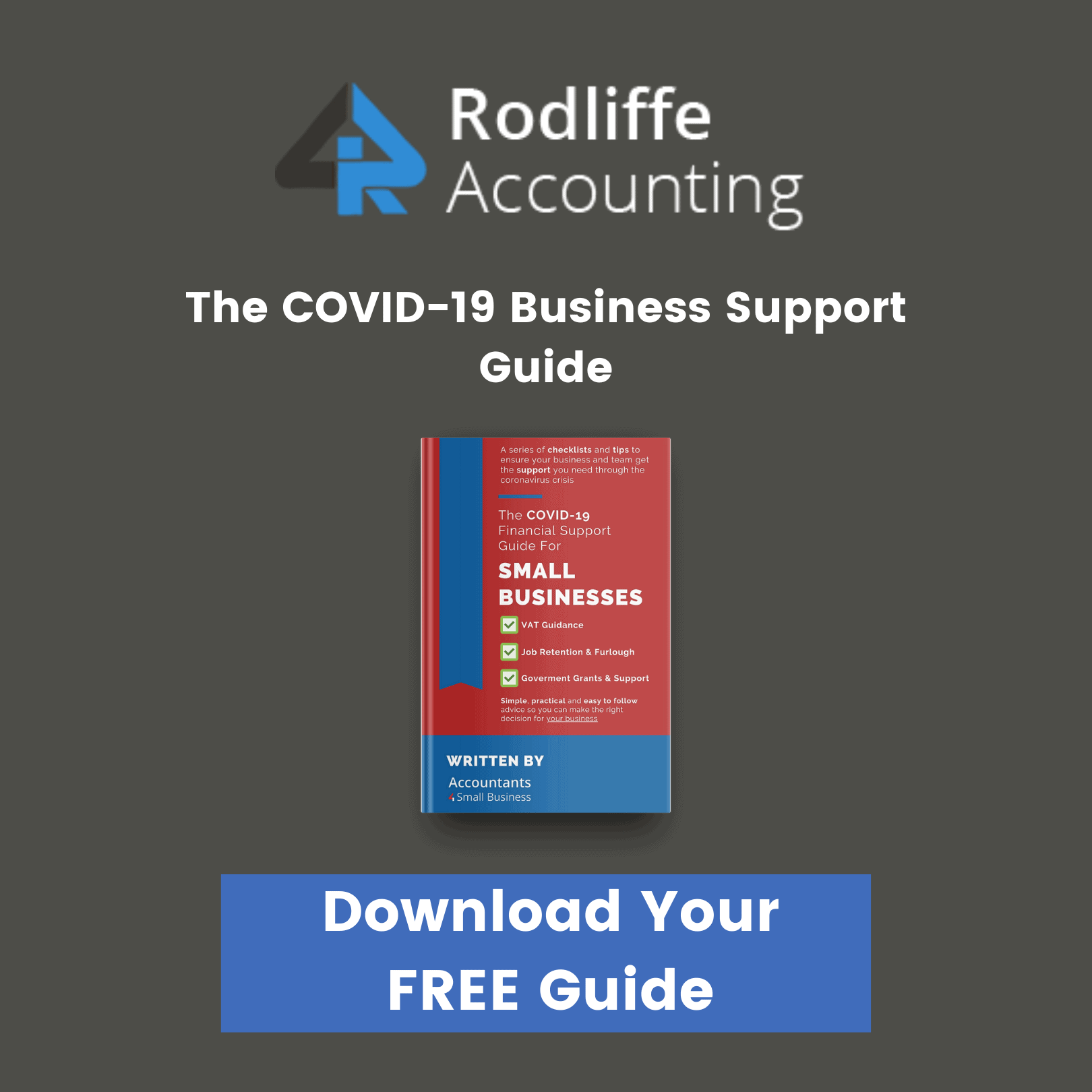Is it possible to treat a garden office as a business expense to get tax relief?
Building costs and corporation tax
Most of the costs when adding a garden office tend to be structural, like building work, foundations, etc. –although this can be paid by your company (make sure the invoices are addressed to the company), your company will actually not save corporation tax on them due to special rules for capital allowances.
Thinking about the aspects that could be claimed and where tax relief would be allowable – usually in full in the year of purchase through something called the annual investment allowance which is a type of capital allowance – these may include:
- office and computer equipment
- electrical systems
- Cat 5 – 7 wiring
- lighting
- air conditioning
- heating and water systems
- insulation
The downsides: no tax relief under the annual investment allowance
The main mechanism for small businesses to get tax relief for the costs of acquiring assets likely to last a long time is via the annual investment allowance (AIA). This enables businesses to claim up to £250,000 each year. The issue here is that not every kind of asset qualifies for the AIA. Structures and buildings are one class of assets that do not qualify, so it is not possible to get capital allowances for the costs of the timber office.
At the end of each financial year when preparing the accounts and calculating the profits chargeable for corporation tax, we will add back depreciation and then use the taxman’s rules to calculate the capital allowances.
For example, if you buy a computer for £900, we will set off £450 a year against profits over two years, when completing the corporation tax return, we will add back the depreciation, which increases the profit.
HMRC rules then say that, under the AIA, you can deduct £900 from the profits, so the profits are lower for corporation tax purposes than reported in the actual accounts.
Summary
This means for the outside office costing £10,000 the building will be written off over 10 years at £1,000 each year. The £1,000 is added back in to the profit and loss account, showing a higher profit. But because the shed is a structure, there is no reduction of the £10,000, and no corporation tax relief.
VAT reclaim
If your company is VAT registered you should be able to claim back the VAT on all your costs (again make sure the invoices are made out to your company), however if you will be using the garden office for both personal and business use you should make an adjustment for the personal use element.
I would suggest working out the pro rata personal and business usage. So, if you use the office exclusively for business Monday to Friday and the family uses it for games and TV at the weekend, I would claim back 5/7 of the VAT.
If you are on the Flat rate scheme then it is a little trickier – with the flat rate scheme you cannot claim back VAT on purchases unless you spend £2k or more on a single purchase of capital expenditure goods. That aside the benefits of Flat rate have been eroded significantly after the latest budget, so it may be worth considering a move back to traditional VAT if this is the case.
The cost of the garden office is likely to contain a mix of goods (the office building) and services (the installation), so ideally you will need to get separate invoices from the supplier to split out the goods from the services, and you can then claim back the VAT on the goods element, assuming the invoice totals £2k or more.
Personal tax impact – Benefits in kind
If you use the garden office for personal use, then there will be a personal tax impact of this benefit in kind, unless your personal use is very minimal. However please be aware that it can be difficult to prove no/minimal personal use to HMRC so there is a risk of a benefits in kind tax charge even with no personal use.
Please be mindful of Principle property rules
Legislation exempts the sale of a principal residence from capital gains tax, and this principle will apply to a home office in the house as long as there is no exclusive business use on any part of the For contractors with an office in a spare bedroom, this is rarely a problem, as evening, weekend and guest use of the home office prevents it being classed as exclusively used for business.
If you bought a timber office exclusively for business use, and the office represents 5% of the total floor area, then 5% of the gain when you come to sell the home will be chargeable to capital gains tax, unless there is mixed use. You might also have to consider whether the company is due any share of any sale proceeds when the shed is sold with the house.
Mixed use
This is a little bit of a minefield. A bit of mixed use of the garden office will get around the CGT, but then HMRC may try to prove that you ate liable for a benefit in kind (BIK) income tax charge on the benefit you are gaining from the use of what is a company asset.
Capital gains tax
If in the future you sell your home then you will need to consider if there is any capital gain that should be allocated to the home office – but if we are talking about an office that is essentially a ‘grand shed’ then this is unlikely to be an issue as the buildings value will be depreciating over time (rather than increasing) and will be of negligible value.
If however you are building a proper bricks and mortar new building this could be an issue and would be worth discussing in more detail before proceeding.
Business rates
With your garden office being separated from your home. There is a risk that your local council could charge you business rates for running your business from the building – local councils are likely to have varying views on this so if you are unsure, best to check with them.
Planning permission
A non-tax consideration – you may need to consider whether your garden office will require planning permission – best to discuss this with your local councils planning department, but be mindful that in doing so you pop up on their radar!
Conclusion
There is an upside here in claiming the VAT back (assuming not Flat rate registered), but the overall tax benefit is fairly negligible.
Please be mindful of the risks regarding business rates as this could erode the benefit quite quickly.
Get A No Fee, No Obligation Quote For Our Award-Winning Accountacy Services Today
- Unlocking Growth and Success: Our Fractional Finance Director and Business Advisory Services (our remote FD service) - 26 October 2023
- National Insurance Changes - 7 July 2022
- Corporation Tax Increase & Super Deduction Updates - 12 April 2021


